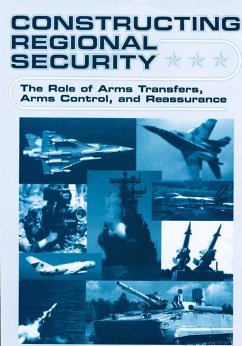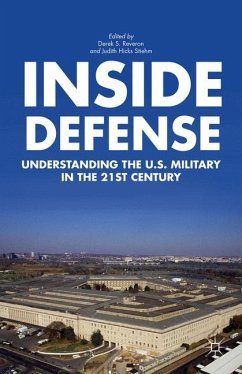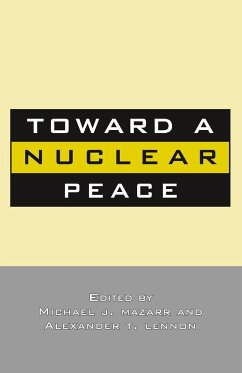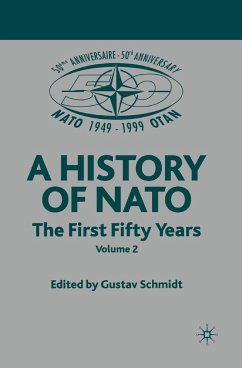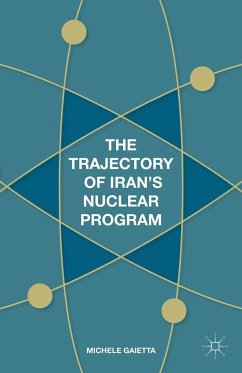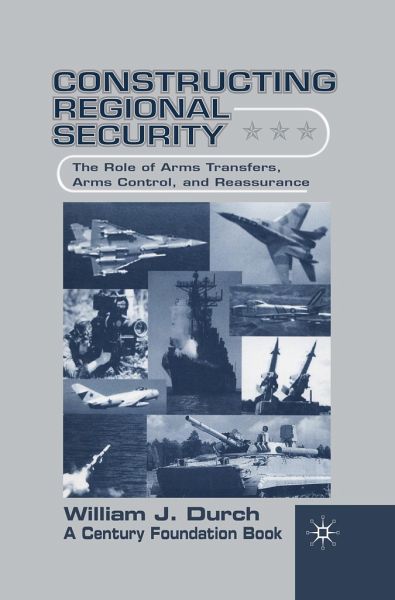
Constructing Regional Security
The Role of Arms Transfers, Arms Control, and Reassurance
Versandkostenfrei!
Versandfertig in 6-10 Tagen
38,99 €
inkl. MwSt.
Weitere Ausgaben:

PAYBACK Punkte
19 °P sammeln!
In this book William Durch examines conventional weapons proliferation since World War II, the role of arms transfers in fueling regional conflict, and prospects for curbing the global arms trade. Noting that supply side arms control efforts, which seek to constrain the companies and countries that produce and distribute major conventional weapons, have a poor international track record, Durch argues for a broader approach that tries to get at the demand side of the equation. Addressing the political and regional dynamics that impel arms acquisitions, he looks at how arms control might be comb...
In this book William Durch examines conventional weapons proliferation since World War II, the role of arms transfers in fueling regional conflict, and prospects for curbing the global arms trade. Noting that supply side arms control efforts, which seek to constrain the companies and countries that produce and distribute major conventional weapons, have a poor international track record, Durch argues for a broader approach that tries to get at the demand side of the equation. Addressing the political and regional dynamics that impel arms acquisitions, he looks at how arms control might be combined with confidence and security-building measures to contain demand, and how value-based arms trade control measures like 'codes of conduct' could be implemented in stepwise fashion consistent with US national interests in regional stability.





